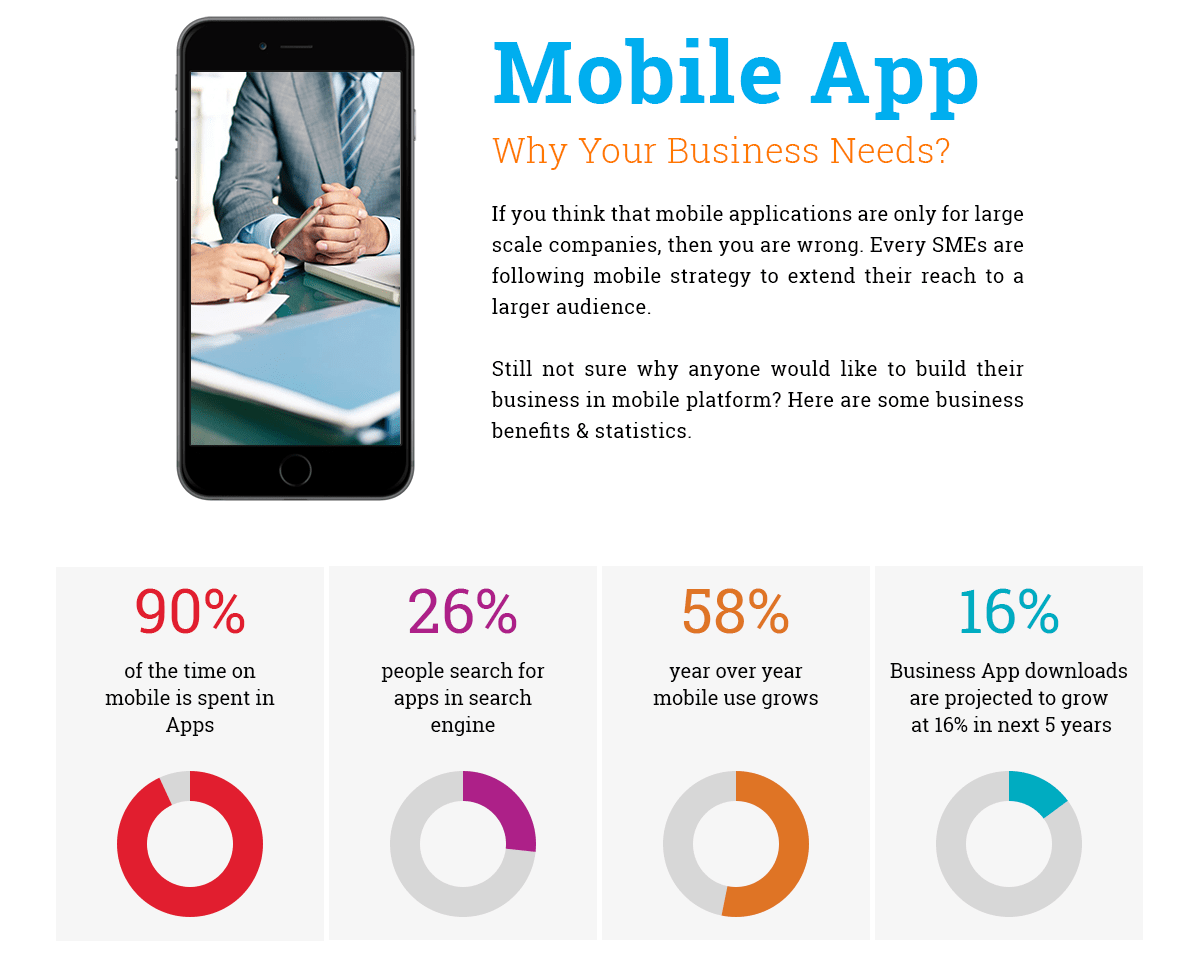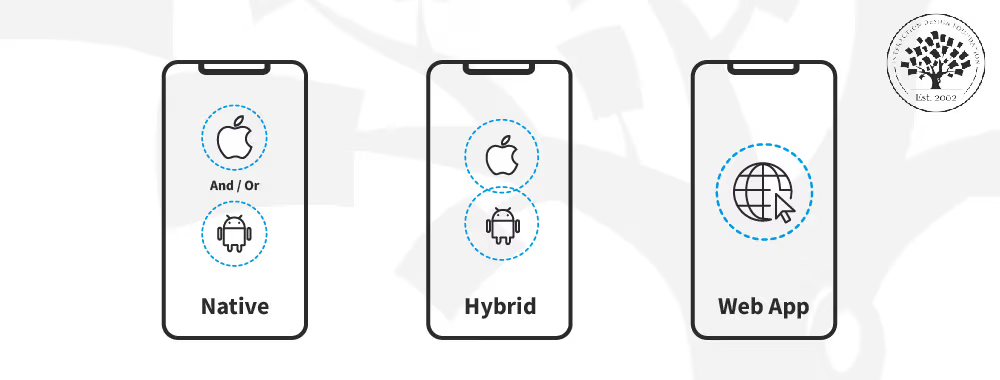The banking industry is undergoing a profound transformation driven by Financial Technologies (FinTech). From mobile banking apps to blockchain-powered payments, innovation is reshaping how banks operate and how customers manage their finances. For institutions in the Middle East and beyond, partnering with experienced IT solution providers like Singleclic ensures they remain competitive in this fast-paced digital era.
The Rise of FinTech in Banking
FinTech has disrupted traditional banking by introducing faster, smarter, and more accessible financial services. Customers now expect seamless digital experiences, instant transactions, and personalized financial tools.
Key Drivers of FinTech Growth in Banking
- Mobile banking and digital wallets enabling anytime, anywhere transactions.
- Blockchain technology providing secure, transparent, and tamper-proof records.
- Artificial Intelligence (AI) for fraud detection and customer service automation.
- Cloud computing for scalability and cost efficiency.
How Does FinTech Impact the Banking Industry?
FinTech’s impact goes beyond convenience—it’s transforming business models, security protocols, and customer engagement. Banks are no longer just service providers; they are becoming technology-enabled financial partners.
Major Impacts on Banking Operations
- Enhanced Customer Experience – Chatbots, AI assistants, and data-driven personalization.
- Faster Payments – Real-time payment processing and cross-border transfers.
- Better Security – Biometric authentication and advanced encryption.
- Increased Financial Inclusion – Bringing banking services to underserved communities.
How is the Financial Industry Evolving?
The financial sector is adopting a hybrid model that merges physical branches with advanced digital platforms. Open banking initiatives are promoting collaboration between banks and third-party FinTechs, driving innovation further.
Notable Trends in Financial Evolution
- Embedded Finance – Integrating banking services into non-banking apps.
- Sustainable Banking – Using technology to track and reduce carbon footprints.
- Data Analytics – Leveraging big data for risk assessment and strategic planning.
How Has Banking Changed with Technology?
Banking has moved from paper-based processes to digital-first ecosystems. The shift includes:
- 24/7 online access to accounts.
- AI-driven loan approvals in minutes.
- Cashless payments through QR codes and NFC.
This transformation has redefined banking efficiency and accessibility.
What is Financial Technology in Banking?
Financial Technology, or FinTech, in banking refers to digital innovations that streamline, enhance, and secure financial services. This includes:
- Payment gateways for e-commerce.
- Automated investment platforms.
- Credit scoring using AI.
By adopting these solutions, banks remain agile in a competitive market.
Why Choose Singleclic for Banking Digital Transformation?
Since 2013, Singleclic has been a trusted provider of IT solutions across various sectors, including banking and finance. Our expertise includes:
- Custom software development (ERP, CRM, Low-code solutions).
- Secure network infrastructure and cybersecurity solutions.
- Cloud hosting and 24/7 technical support.
We help banks leverage FinTech to enhance service delivery, improve security, and gain a competitive edge.
👉 Learn more about our industry-specific IT expertise here: Industry-Specific IT Solutions – Tailored Technology for Every Sector
Conclusion
Banking is rapidly evolving with Financial Technologies, creating a future where financial services are more efficient, secure, and customer-centric. To stay ahead, financial institutions must embrace innovation—and with Singleclic’s expertise, they can transform with confidence.







